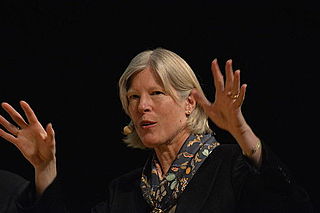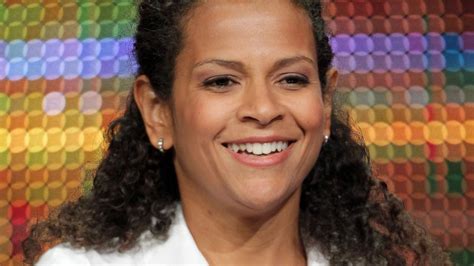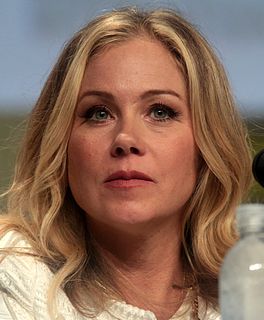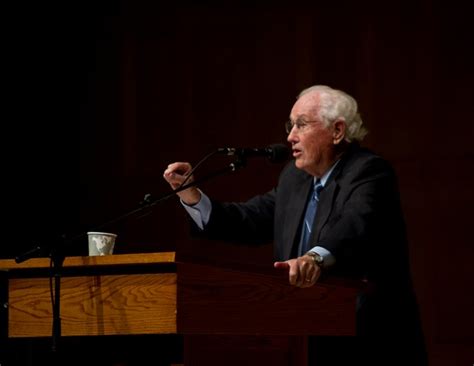A Quote by Laurie Glimcher
Related Quotes
One reason milk consumption may lead to cancer risk is insulin-like growth factor, IGF-1 (not to be confused with bovine growth hormone, rBGH). Milk contains IGF-1 for good reason: milk is designed for babies, and IGF-1 helps us grow. IGF-1 affects growth, as well as other functions, and is normally found in our blood. Higher levels of IGF-1, however, appear to stimulate cancer cells.
I have talked to women who do yoga, who are vegan, who have never smoked and/or never drank a day in their life, but they have Stage IV breast cancer. So you do what you can to be as healthy as you can if you know you're high-risk because yes, all those things can factor into that. But sometimes it's just a fluke.
The development of a strategic plan for cancer prevention in medical schools that is supported by all stakeholders - including the medical community, government, the insurance industry, cancer advocacy groups and all those dedicated to cancer prevention - will be the key to inspiring patients to live lifestyles that will decrease cancer risk.




























